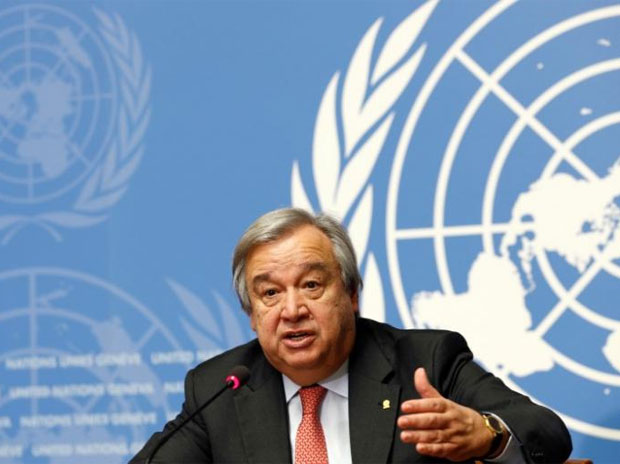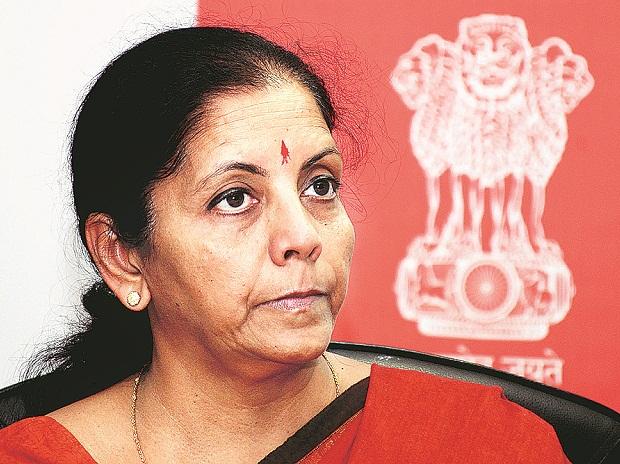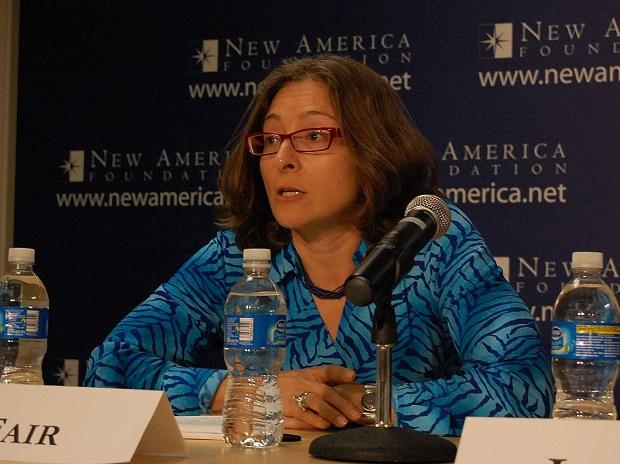
Current Affairs
After the weak gross domestic product (GDP) data, India has something to cheer about. The World Bank has retained projections for India’s economic growth at 7.5 per cent for the current fiscal year even as it cut global economic expansion by 0.3 percentage points.In its Global Economic Prospects report, the World Bank, however, pegged the growth at the same pace of 7.5 per cent for the next two fiscal years.
For the current fiscal year, the growth is quite high, given the fact that India’s economy grew just 6.8 per cent in 2018-19, a five-year low. Also, the growth plunged to 5.8 per cent in the fourth quarter of the fiscal year, also a five-year bottom. Also, the International Monetary Fund (IMF) had earlier cut economic growth of India to 7.3 per cent from earlier projection of 7.5 per cent. The Asian Development Bank (ADB) pegged the growth at 7.2 per cent.
World Bank retains projections for India's economic growth at 7.5%
Without naming Pulwama terror attack and Balakot strike, the Bank made a reference to these incidents between India and Pakistan. “Skirmishes between India and Pakistan in February are a reminder that latent geopolitical tensions can flare up at any time," the Bank said. The Bank said investment rate in India was expected to grow at a slower pace in 2019 than in 2018. It, however, said investment growth was expected to remain robust as benefits of recent policy reforms further materialised.
“Private consumption and investment will benefit from strengthening credit growth amid more accommodative monetary policy, with inflation having fallen below the Reserve Bank of India’s target," it said.



